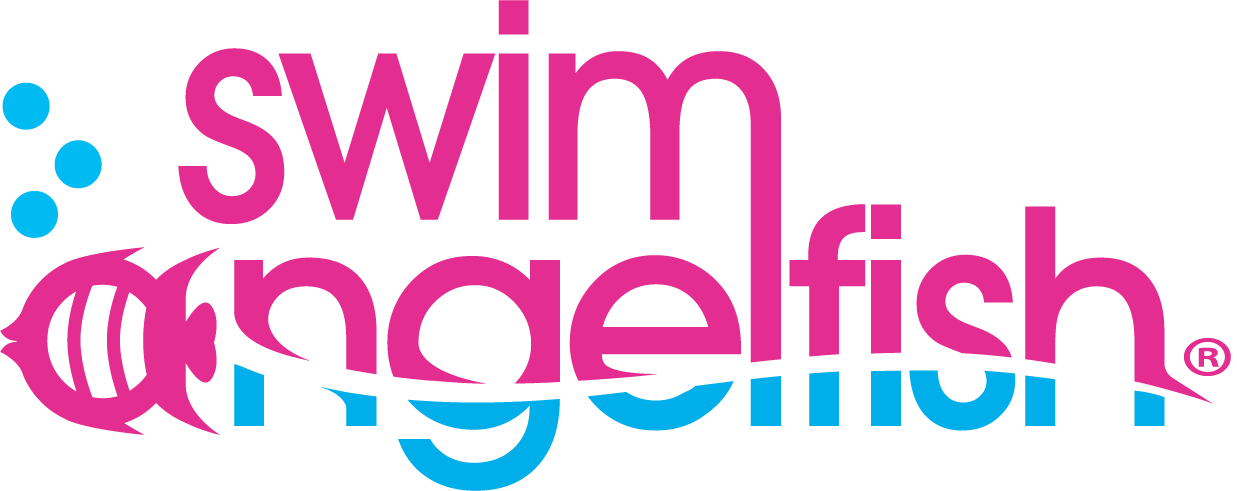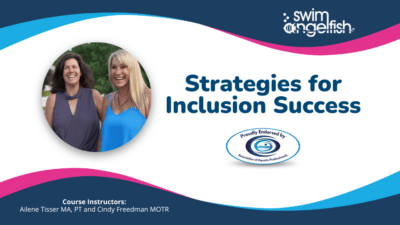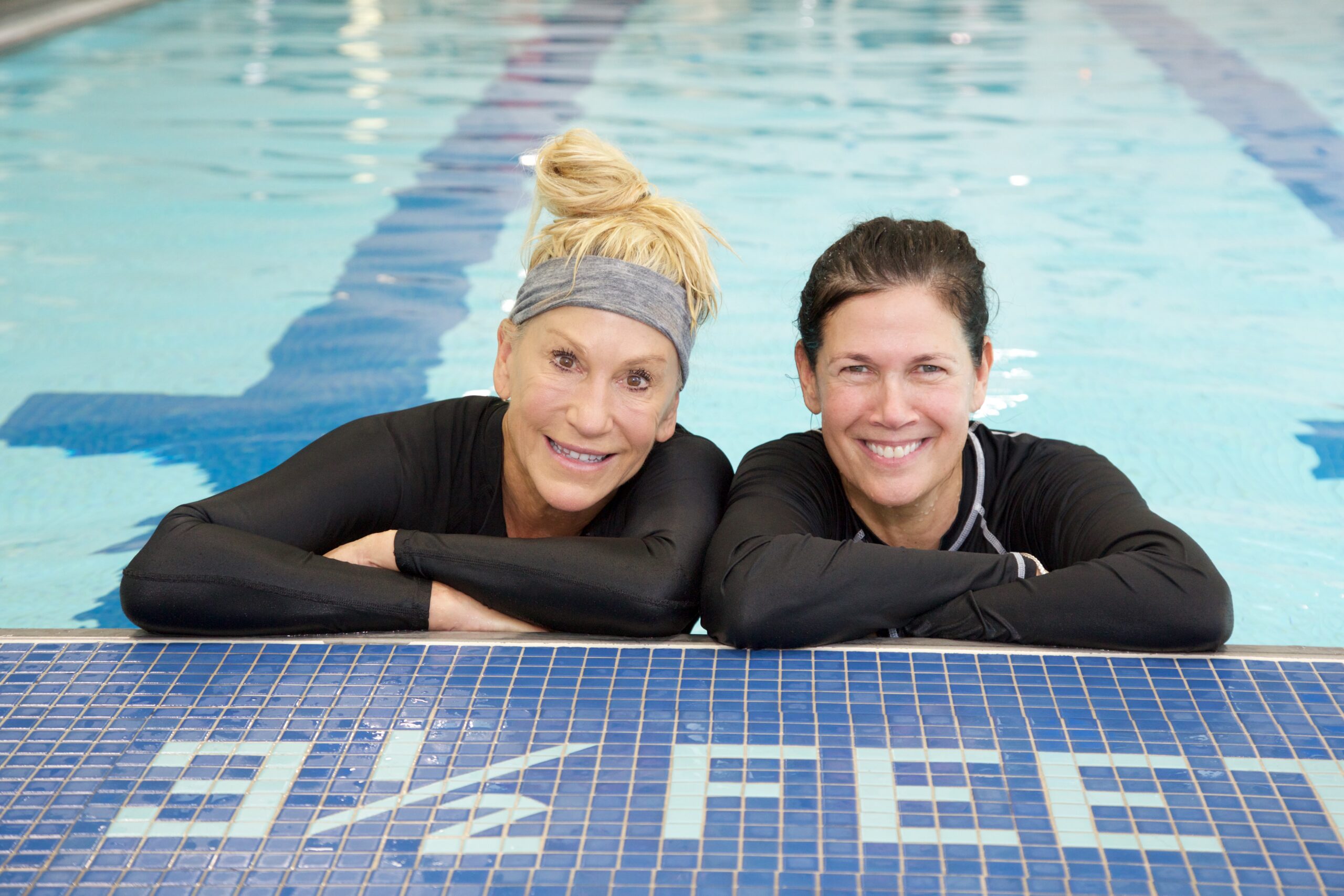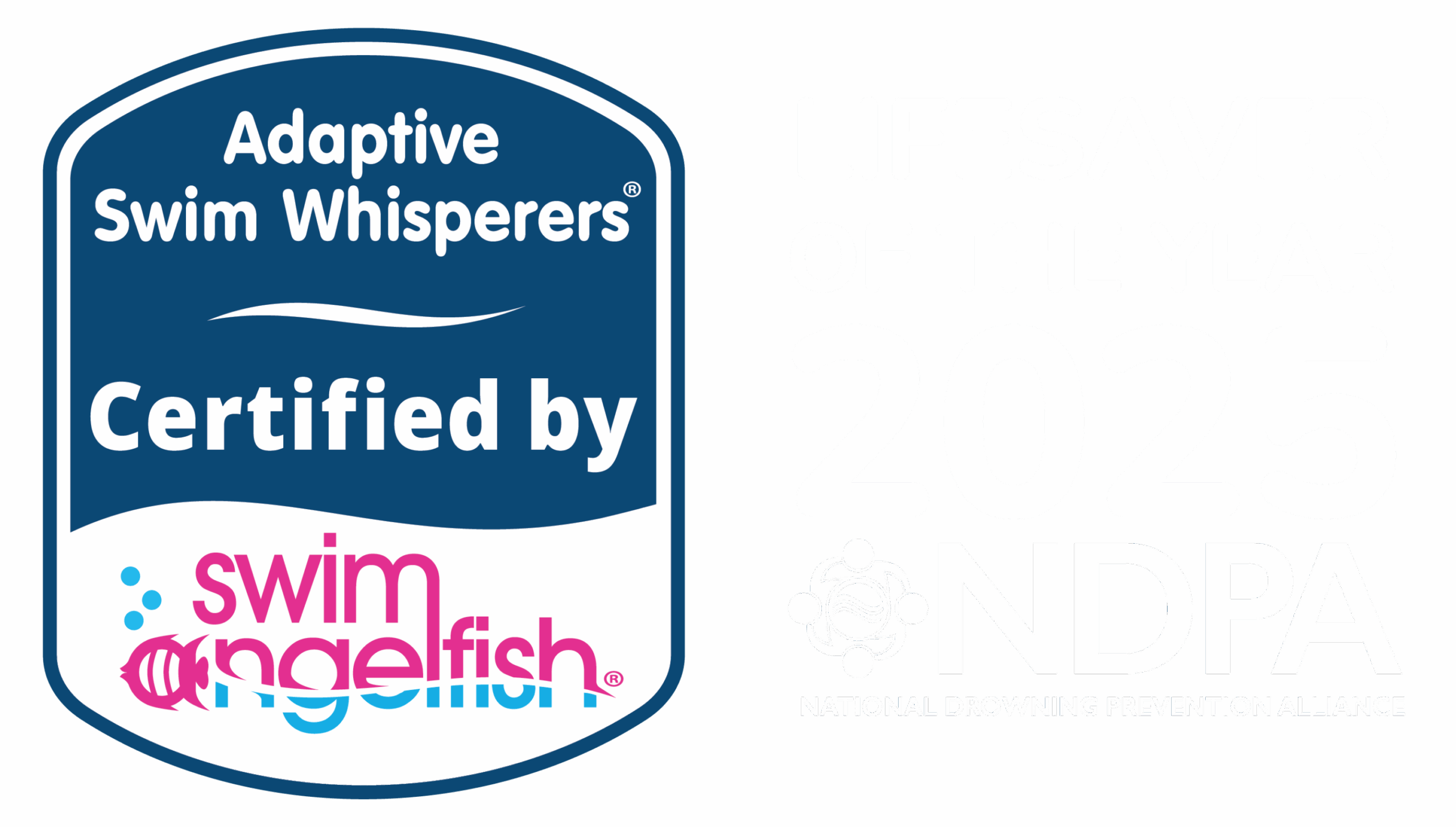Growing Camp Counselor Skills: A Guide to Inclusive Camp Experiences
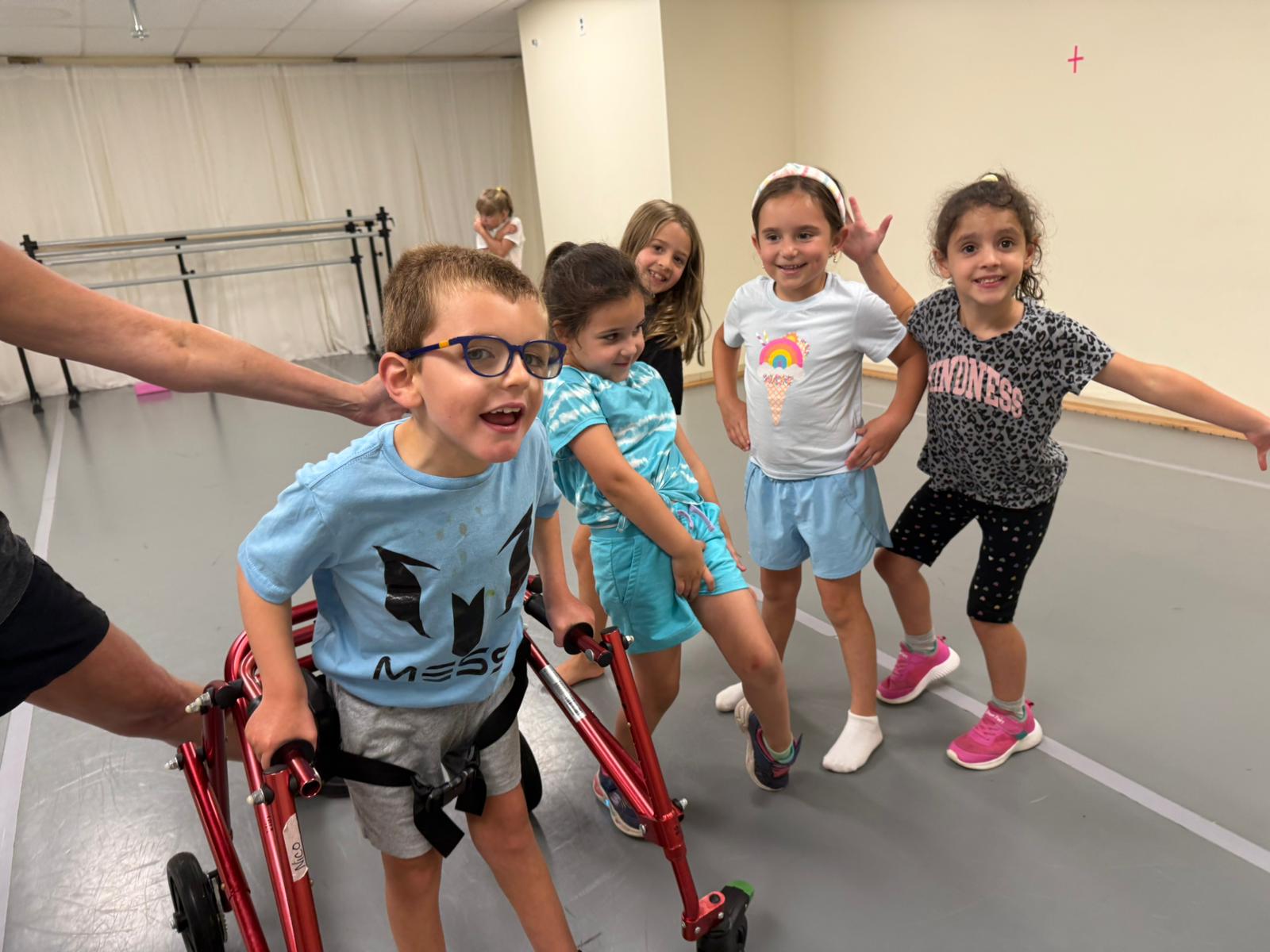
As a camp owner or program director, you have the power to create an environment where every camper thrives. This guide is designed to help you empower your counselors with time-tested strategies to support campers with high-functioning autism, ADHD, and sensory sensitivities.
With the right tools, your team will be able to:
- Reduce sensory overload and prevent meltdowns.
- Improve positive interactions for all campers.
- Increase participation and engagement.
By understanding the signs and behaviors of campers who learn differently, your counselors will be equipped to manage challenges, creating a more successful and joyful experience for everyone.
Addressing Common Camp Inclusion Challenges
The sounds of summer camp are music to our ears: laughter, splashing, the buzz of new friendships forming. As a camp director or program manager, you strive to create an unforgettable experience for every child. But the idea of summer camp inclusion can also bring up a few worries.
Perhaps you’ve wondered:
“Can we truly include every child?
What if we’re not equipped to handle specific needs?
Will it disrupt the experience for other campers?”
These are valid concerns, and you’re not alone in having them. Many camp leaders grapple with how to successfully integrate campers with diverse needs, from sensory sensitivities and ADHD to mild physical disabilities and communication challenges.
We consider ourselves experts when it comes to adapting approaches and teaching methods. Our OT and PT team brings over 27 years of experience in adaptive aquatic education, including extensive time running day and overnight camps. We understand these challenges firsthand, and we’ve broken down our unique insights into practical solutions that lead to genuine inclusive success.
Meaningful Inclusion Makes All the Difference!
True inclusion isn’t about simply accommodating; it’s about creating an environment where every child feels a sense of belonging, can participate meaningfully, and ultimately, thrive. This not only enriches the experience for the individual child but also fosters empathy, understanding, and a more accepting community for all campers.
Our experience has shown that with the right tools and training, your camp counsellors can confidently support a wider range of campers, ensuring your programs are truly accessible and enjoyable for everyone.
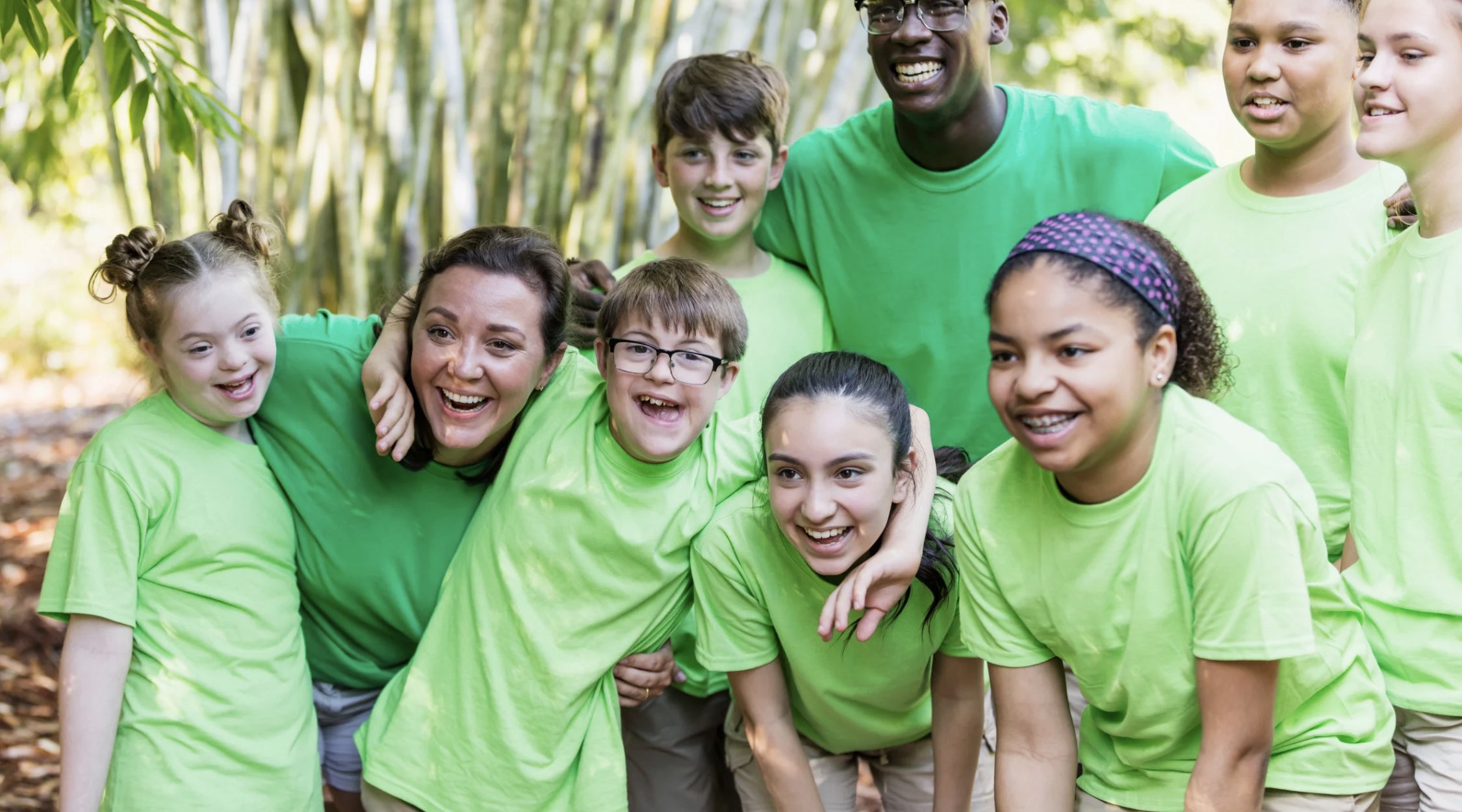
This isn’t just good for the campers; it’s good for your camp’s reputation and reach, allowing you to welcome more families who are looking for truly inclusive opportunities.
4 Practical Inclusive Solutions for Your Camp
How can you move from concern to confidence in your summer camp inclusion strategies? While we can’t reveal all our secrets here (that’s what our course is for!), here are 4 practical solutions to transform your counselors’ approach to inclusion:
Step Up Your Camp’s Inclusion Journey
Whether you run a YMCA summer camp, a Park & Recreation program, a private camp, a Boys & Girls Club, or even a therapy clinic offering half-day camps, these strategies are designed for you. And if you’re already incorporating adaptive practices, our training complements existing programs by offering a unique perspective from an occupational therapy (OT) and physical therapy (PT) team.
This distinct blend of expertise is what makes our approach so effective and truly unique.
Ready to transform your camp’s approach to inclusion, overcome common challenges, and ensure every child has an incredible summer?
Our 2-hour online course, “Strategies for Inclusion Success,” is packed with actionable insights and practical techniques derived from our decades of real-world experience in and out of the water.
Invest in your staff, your campers, and the future of your program. Learn more and enroll in “Strategies for Inclusion Success” today!
